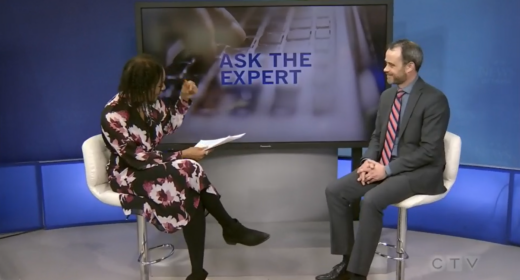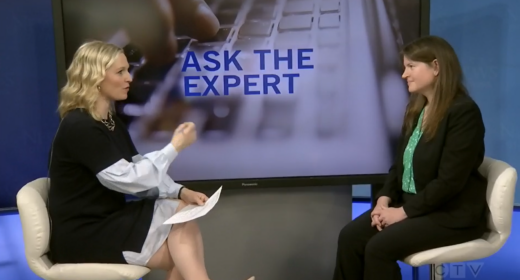Livent Inc., the infamous live entertainment creation of Garth Drabinsky and Myron Gottlieb, has successfully sued its auditors for failing to detect the fraudulent activities of its senior management.
Livent had a voracious need for capital and had accessed North American money markets on the strength of its financial statements. However, those statements were, in fact, rife with a series of fraudulent accounting practices, which gave the appearance of a far more successful and stable enterprise. The fraud was ultimately caught when new equity investors initiated management oversight. Livent was required to restate its financial statements and file for insolvency protection. As part of that process, the Receiver advanced a claim against the former auditors for damages.
The Ontario Court of Appeal has recently confirmed the precedent-setting trial decision in which Livent’s auditors were found liable to the Receiver. The court awarded damages of $85 million on the basis that a more careful investigation would have revealed the fraudulent activity of management earlier than it was actually discovered. One of the principle arguments of the auditors was that they should not be held liable to the company itself for failing to reveal its own fraud. They also argued that the claim was in reality one being advanced on behalf of Livent’s creditors, a group to whom they would not normally owe a duty in law. These arguments were rejected by both the trial judge and the Court of Appeal.
The court found the auditors liable for the 1997 audit onwards. It was the view of the judges that if the auditors had met the standard of care, the fraud would have been disclosed earlier and Livent would not have been able to access more capital prior to the time the fraudulent activity was ultimately discovered. The court found Livent management had a history of aggressive and questionable accounting practices and they had also misled the auditors prior to 1997. These and a variety of other “red flags” should have given rise to a higher level of skepticism on the part of the auditors.
The decision greatly expands the potential liability of auditors, and has significant implications for both the accounting industry and the business community in general. It is expected the auditors will seek leave to appeal to the Supreme Court of Canada so we may not have heard the last word on this issue yet. But if this precedent remains in place, it will alter the landscape of auditor’s responsibilities to their clients.



